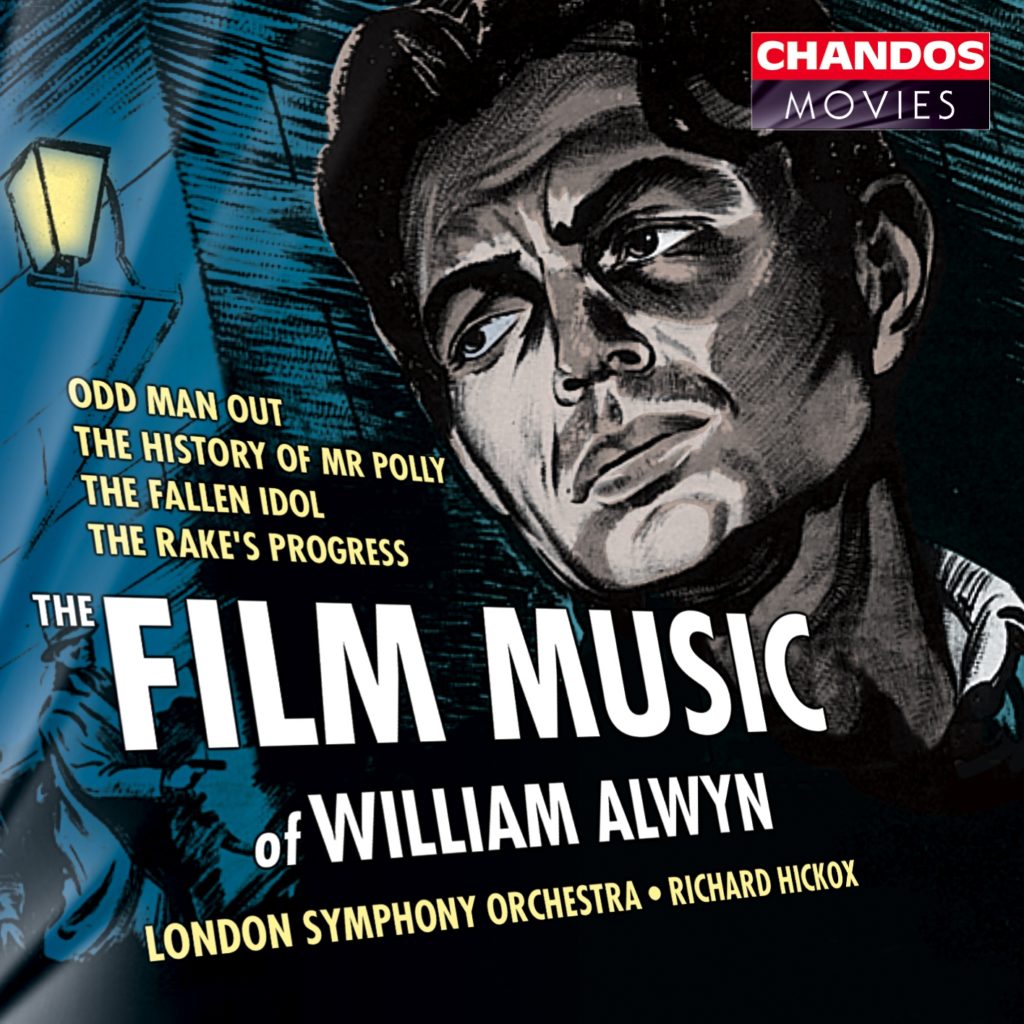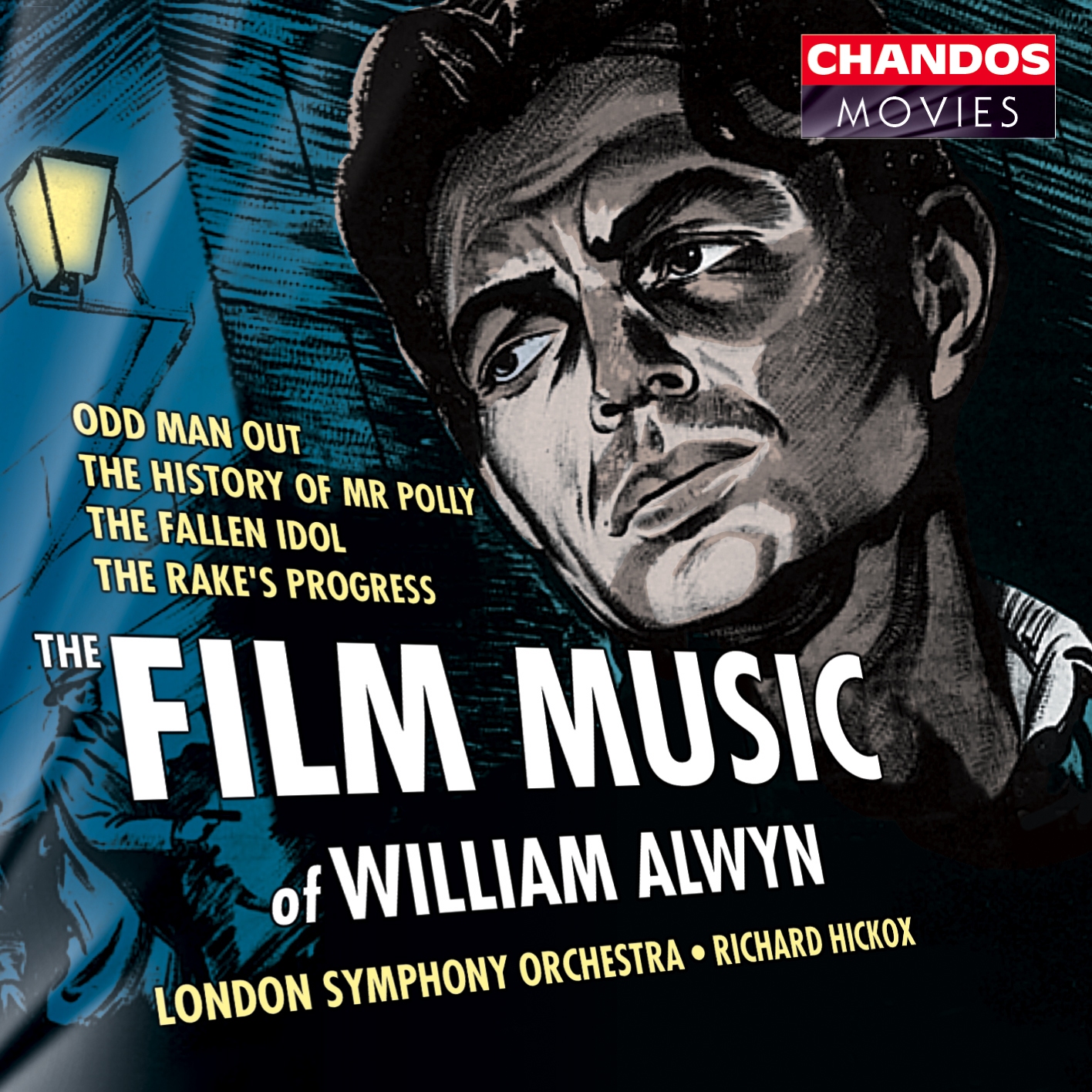Rising from the East Anglian shadows of Benjamin Britten, William Alwyn’s prolific compositions and pioneering film scores from the 1940s-50s set him apart in 20th Century classical music. Stephen Vessels curates the discussion on Classical Music rarities.


William Alwyn, 1905 – 1985, English poet, painter, teacher and composer of over 70 film scores, four operas, five symphonies, eight concertos, and a long list of other orchestral, chamber, choral, and solo instrumental works.
He was a contemporary of William Walton and Benjamin Britten, though his origins were humbler than either of theirs. His father was a grocer in Northampton, and Alwyn was the only member of his family to develop an interest in music. Nevertheless his father arranged for him to study the flute, and Alwyn earned a scholarship to the Royal Academy of Music. He went on to perform with the London Symphony Orchestra, become one of the founders of the Composer’s Guild of Great Britain, and redefine music for film.
Alwyn relished dissonance, and devised his own alternative to twelve-tone serialism. For instance, in his third symphony (1955–56), eight notes of the possible twelve are used in the first movement, with the remaining four (D, E, F, and A-flat) constituting the middle movement, and all twelve being combined for the finale. The work was premièred by Sir Thomas Beecham.
I don’t know if his violin concerto is my favorite of the genre, but I’ve re-listened to it more than any other. It is heartening and bold and evocative of its time — you can hear references to Gershwin throughout. But what I love most about it are its quiet moments of kindness and grace.
Three linked videos should play in succession:

Watch this video on YouTube
Performance by the London Symphony Orchestra, Richard Hickox conducting, Lydia Mordkovitch, Violin.
Versatility is something that English people find hard to stomach, particularly in the world of the arts. To be a creative artist is bad enough, but to be not only a composer but also a professional flautist, a poet, an artist, an authority on pre-Raphaelite painting and a skilled translator of contemporary French poetry is almost unforgivable. Perhaps the best policy is to ignore such a talent – which is what seems to have happened to William Alwyn. Furthermore Alwyn the composer has always had a stigma attached to him. He has been a highly-successful composer of film music – indeed, has made a livelihood by it – and in the minds of those who are only able to see things in pigeon-hole terms, all his other music must be tainted by contact with this dangerously lucrative activity. It too has been labelled ‘film-music’, a foolish misconception, but one that has caused great harm to the composer’s reputation. — Trevor Hold, COMPOSER, 1972
STORY: Symphonic Thunder and Lightning of Janis Ivanovs
https://youtu.be/SqctI12CBzo
Clip from Carol Reed’s Odd Man Out (1947), starring James Mason, film score by William Alwyn.
Series Curated By Stephen Vessels













